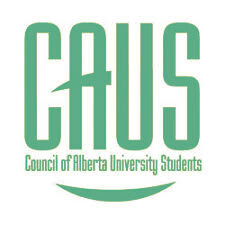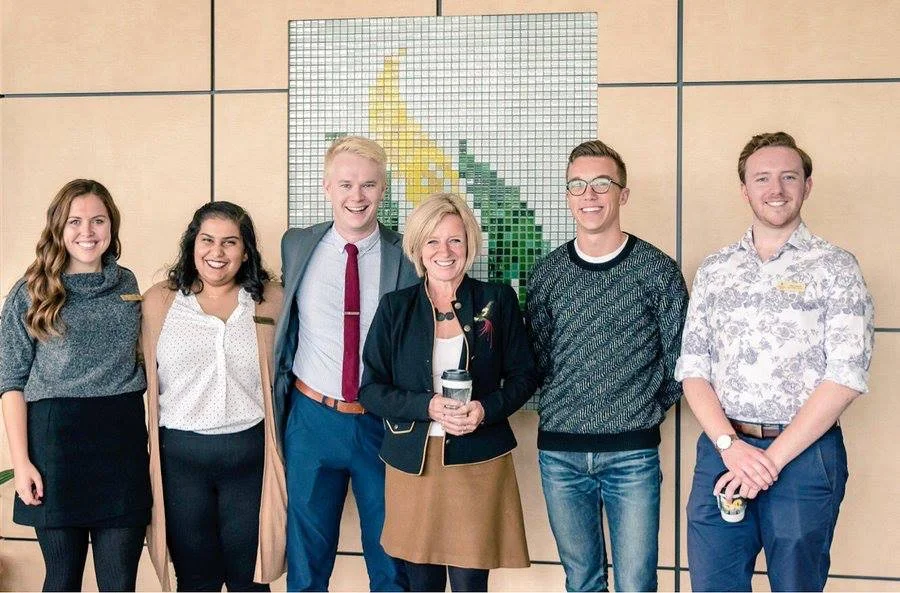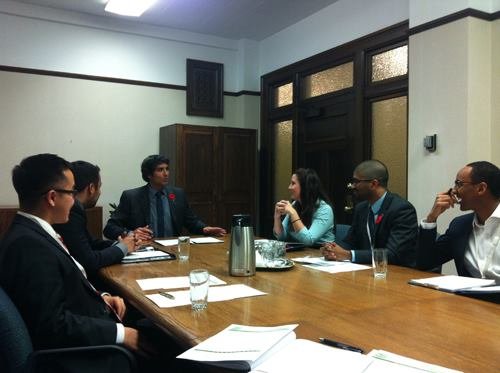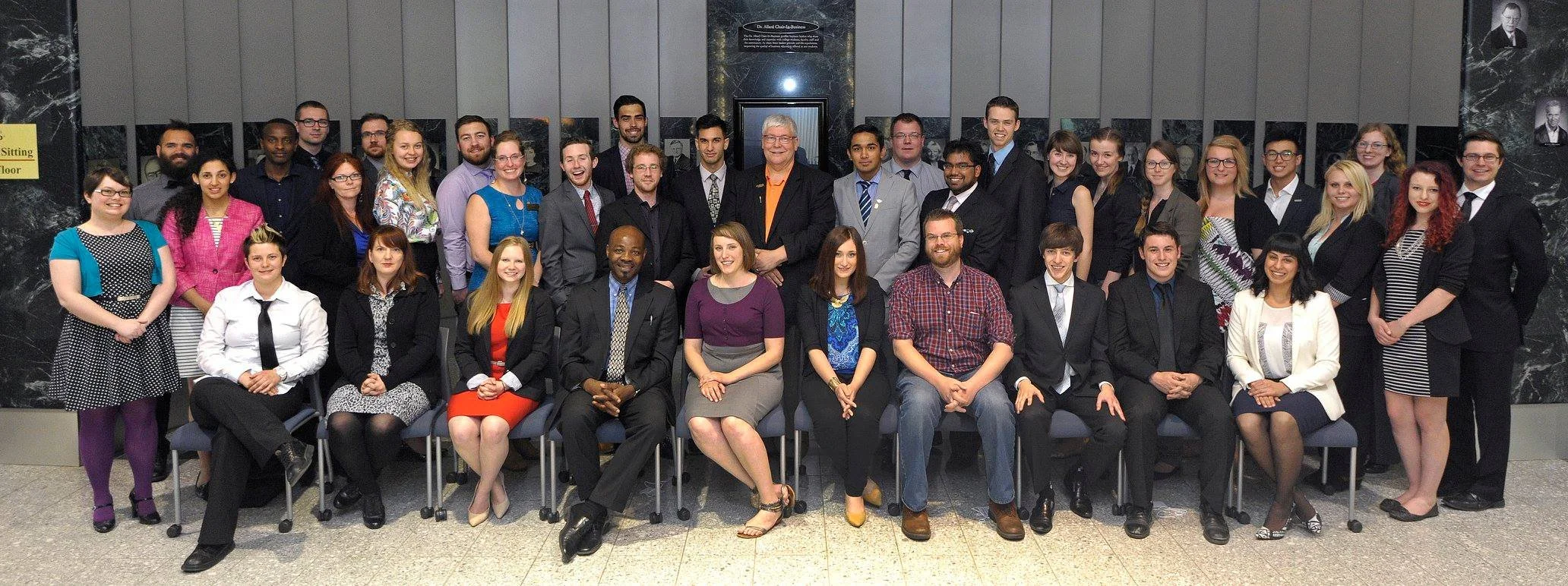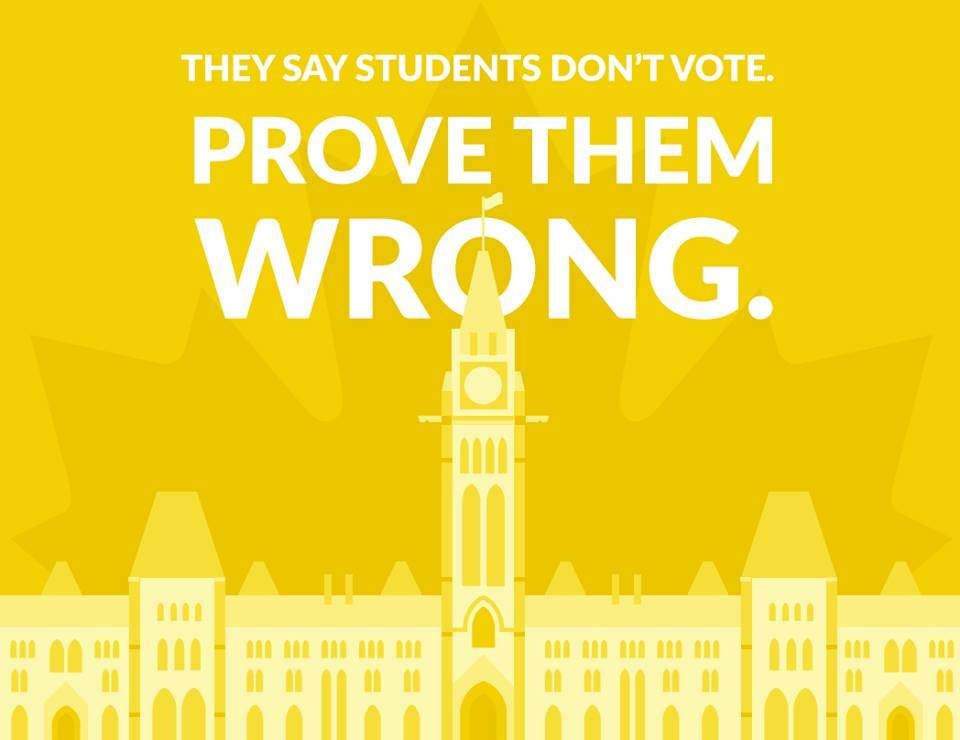Our History
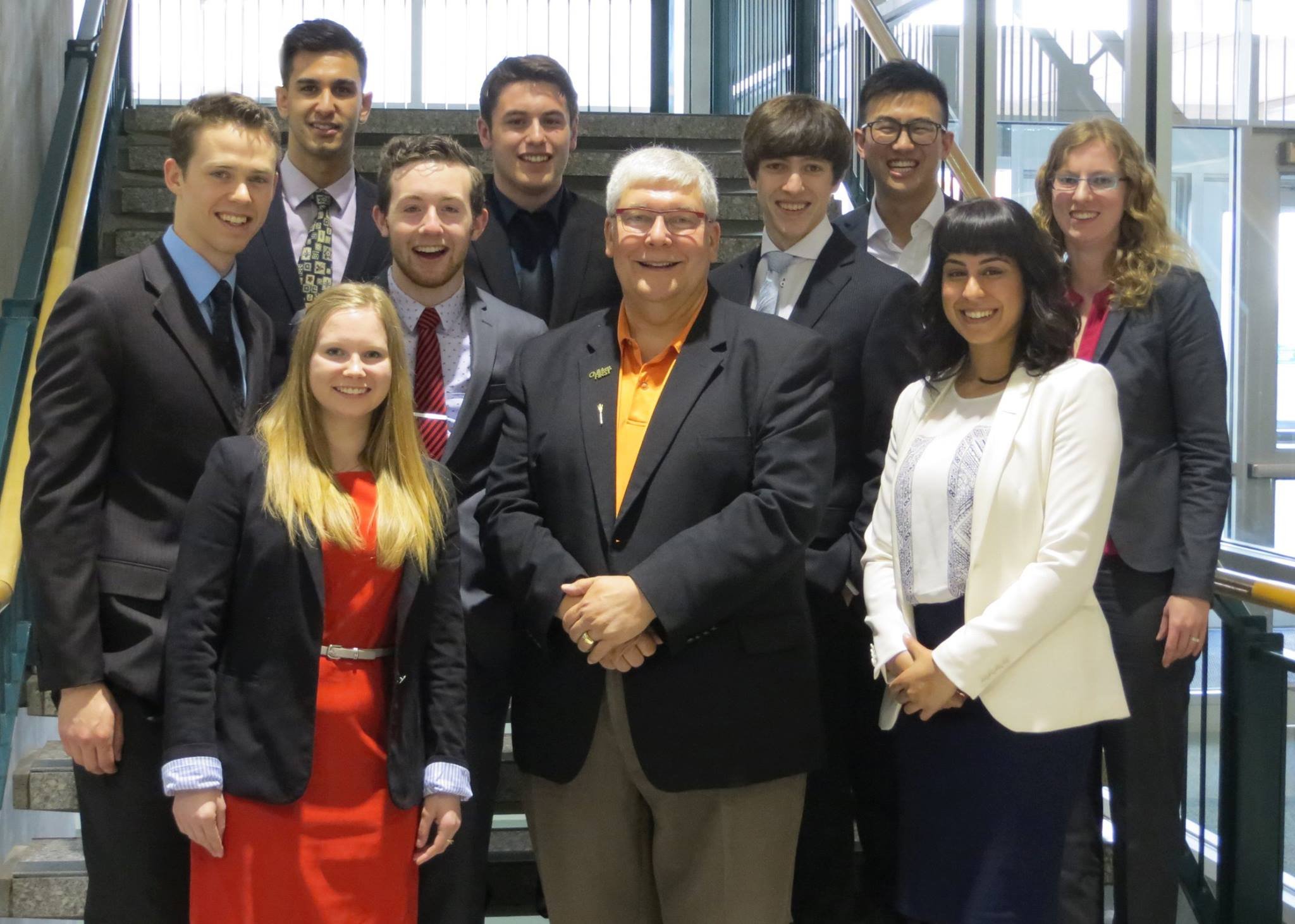
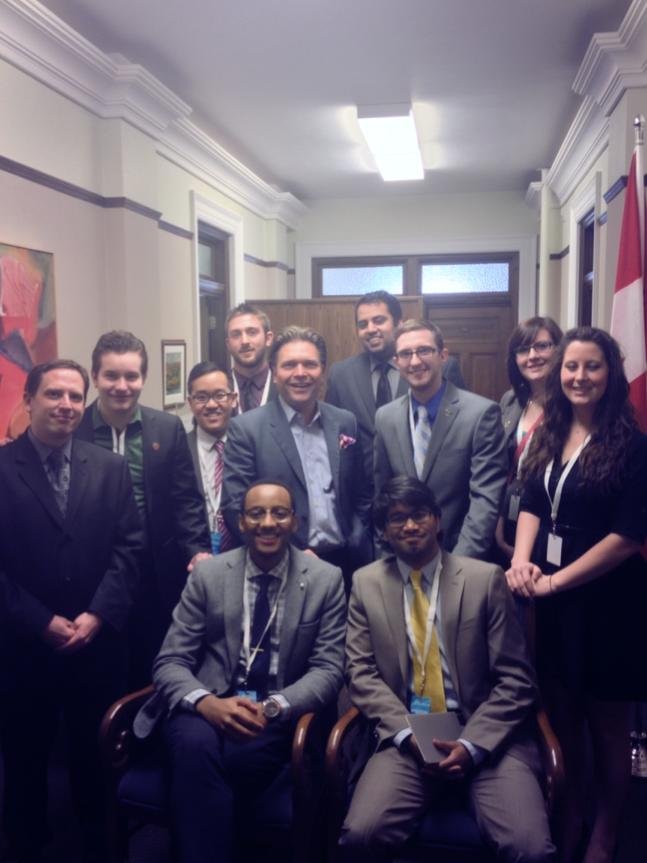
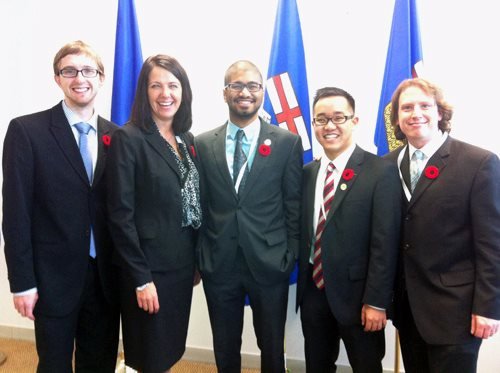
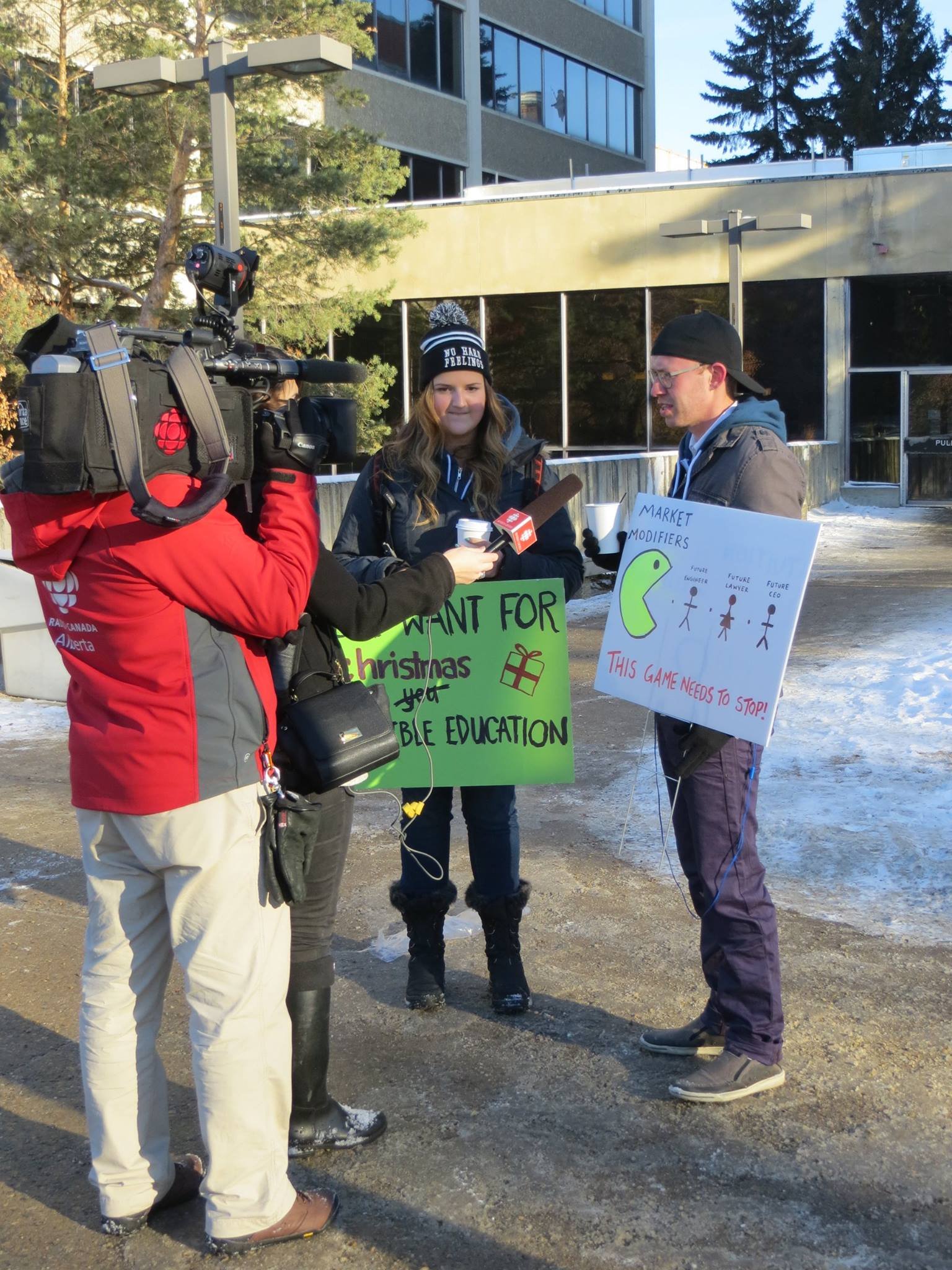
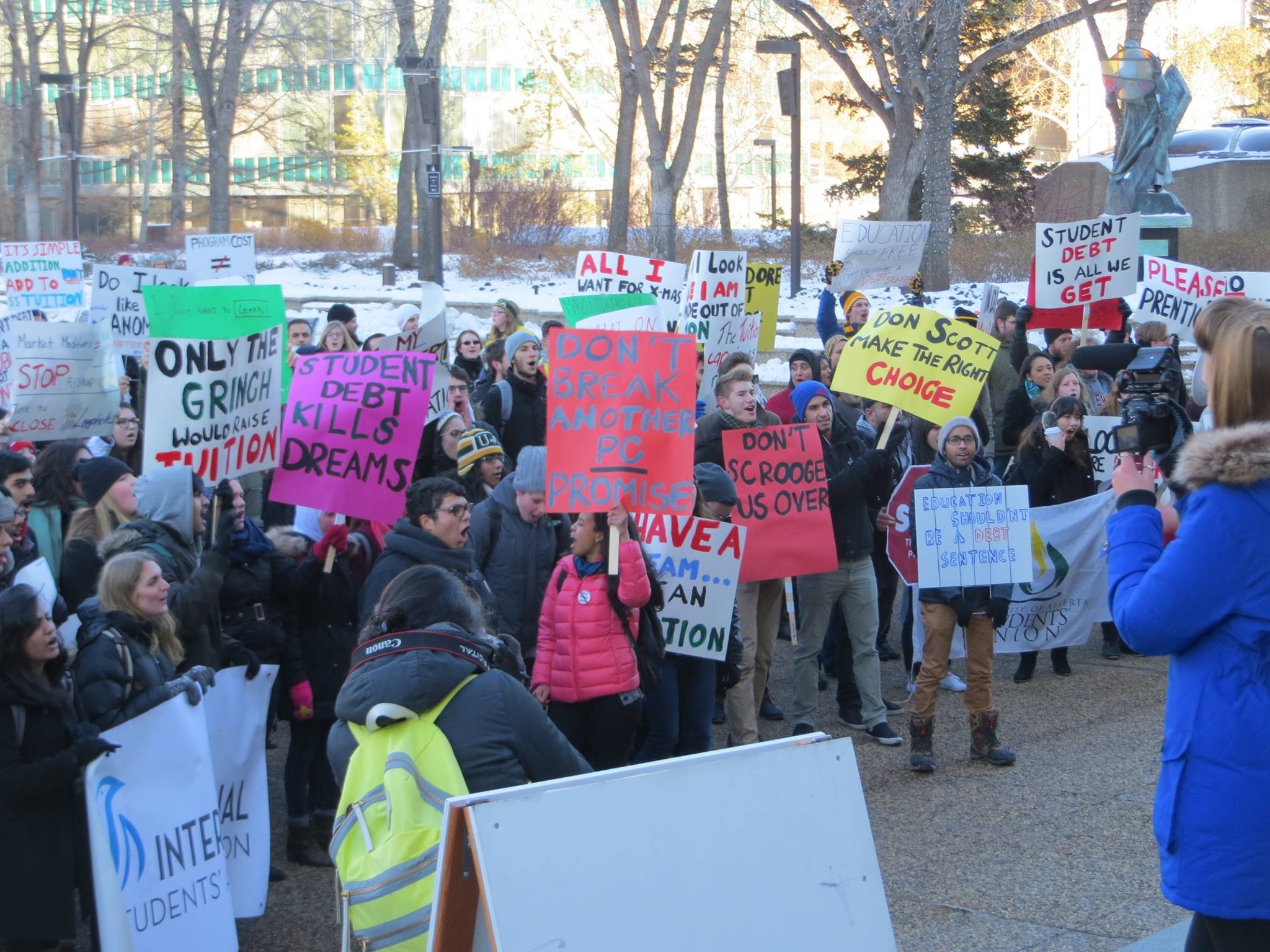
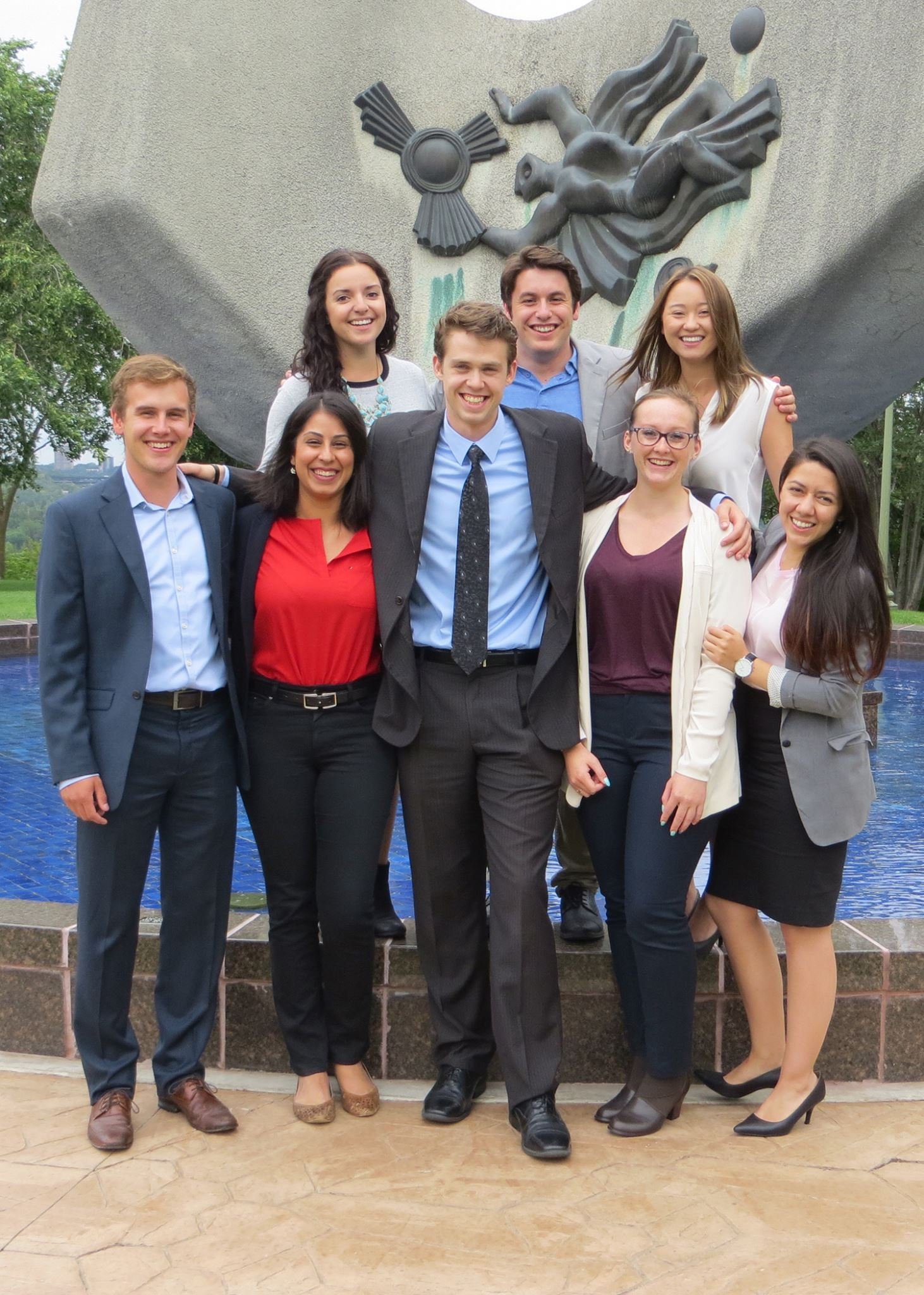
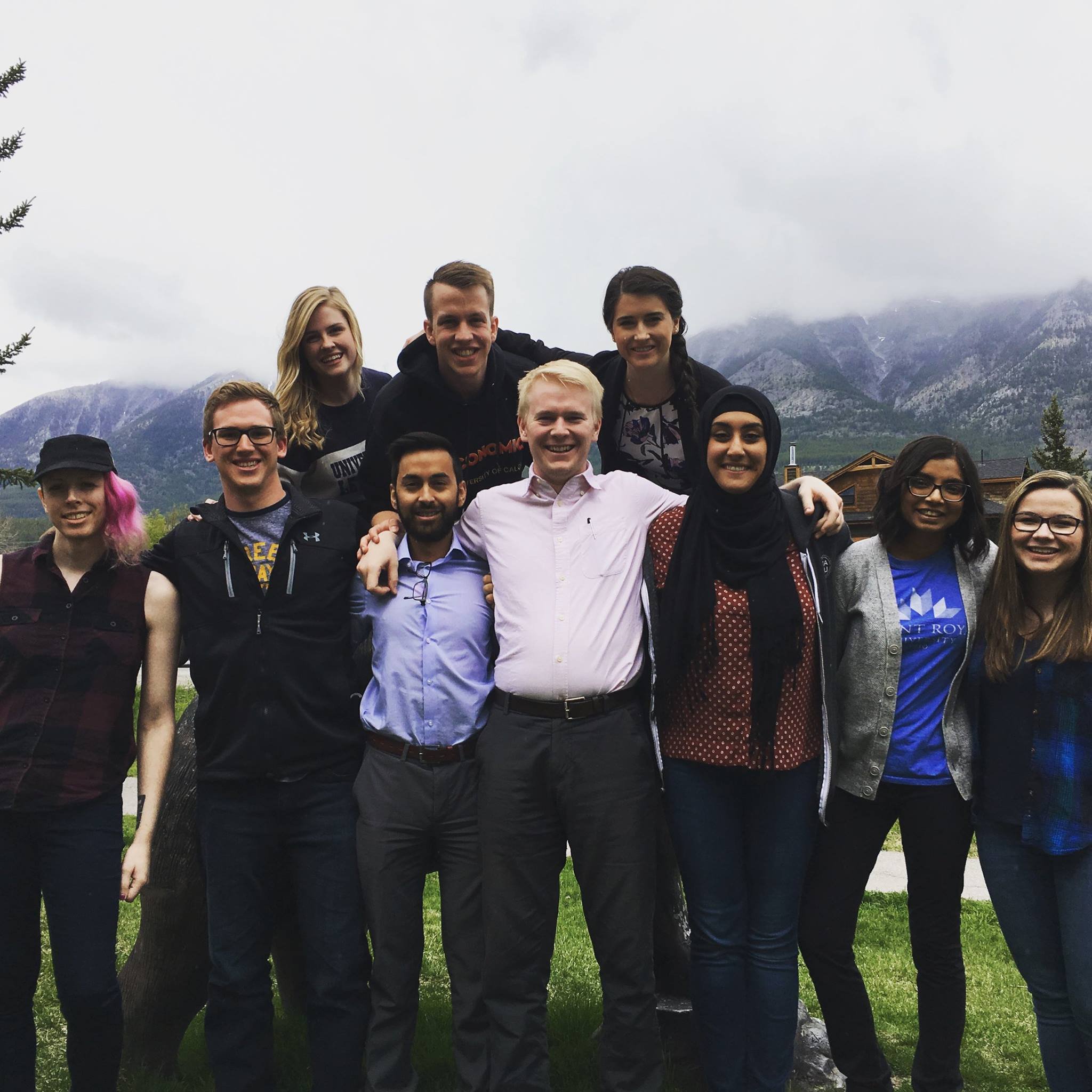
CAUS was created in 1986 with the original purpose to facilitate information sharing and networking between university student unions but since that time CAUS has developed into a permanent and developed organization that is a major force in Alberta politics and the prime spokesperson on behalf of undergraduate students in the province.
Former Premier Rachel Notley, with CAUS members at the University of Alberta, 2018
Throughout the late 1980s and 1990s CAUS was at the forefront of promoting post-secondary education as a public issue and fighting the wave of funding cuts and tuition hikes at Alberta universities. CAUS organized large awareness campaigns in both the 1993 and 1997 provincial elections, as well as looking at actually running candidates in the 1997 election. That idea faced considerable obstacles, but generated a great deal of debate and interest among Albertans and especially students.
CAUS meeting 2012
Major policy victories for CAUS began in 1999 with the adoption of the Jason Lang scholarship – the major in-study award for students beyond their first year. The provincial election in 2001 saw an active CAUS campaign and large efforts to mobilize students to vote on individual campuses. Post-secondary education however was never a large issue in the election, and CAUS had to revisit its tactics and organization if it were to make a real difference in Alberta politics.
Our History
Alberta University Student Associations elected Executives 2014
CAUS worked with several partners in post-secondary to present a large media campaign during the 2004 provincial election. At the time it was the largest post-secondary awareness campaign in Alberta history, including television and radio commercials as well as a day of action which drew thousands of students out to show Albertans and candidates that universities and colleges matter.
The government responded to CAUS’ concerns, and established a $3 billion endowment post-secondary education fund, dramatically increased scholarships and bursaries, froze tuition for two years and increased base operating funds by 18%. In addition the government committed to a review of post-secondary education over the next year. That review led to the system we have today – tuition increases are now tied to CPI, access is expanding, and more funding is going into the system. Recently announced changes to the student loan system are also a direct result of CAUS initiatives over the past four years, however, the post-secondary system in Alberta still faces many challenges.
With a new Premier and a different political situation, CAUS again ran a successful campaign in the 2008 provincial election to ensure that those challenges in the post-secondary system – increasing the affordability, accessibility and quality of Alberta’s universities and colleges – are at the forefront of the public agenda. Immediately following the election the Government of Alberta responded by increasing funding and reducing interest rates on student loans.
Since that time, the global economic downturn and the decline of the Alberta energy sector have turned people’s attention back to post-secondary education and the need to have a diverse economy with an educated workforce. As non-renewable resource revenue decline ensuring that the proper public investment is made in Alberta’s universities will be a struggle, the same as it was in the early 1990s. CAUS has worked hard to limit the cuts to our system, successfully fighting against across the board and program specific tuition increases, with the majority of programs facing only inflationary increases and university operating funds protected moving forward.
A CAUS organized protest, 2014
Throughout 2015, 2016, and 2017, CAUS advocated for, and successfully secured the renewal of mental health funding to address the complexities of providing mental health services for students on campus.
On the heels of our most successful campaign ever, Get Out the Vote, which saw thousands of students mobilized to vote in 2012 and 2015 Alberta election, as well as mobilizing for the upcoming election in 2019, we continue to bring student concerns such as the cost and quality of post-secondary education to the attention of government so that students are able to reach their full potential.
